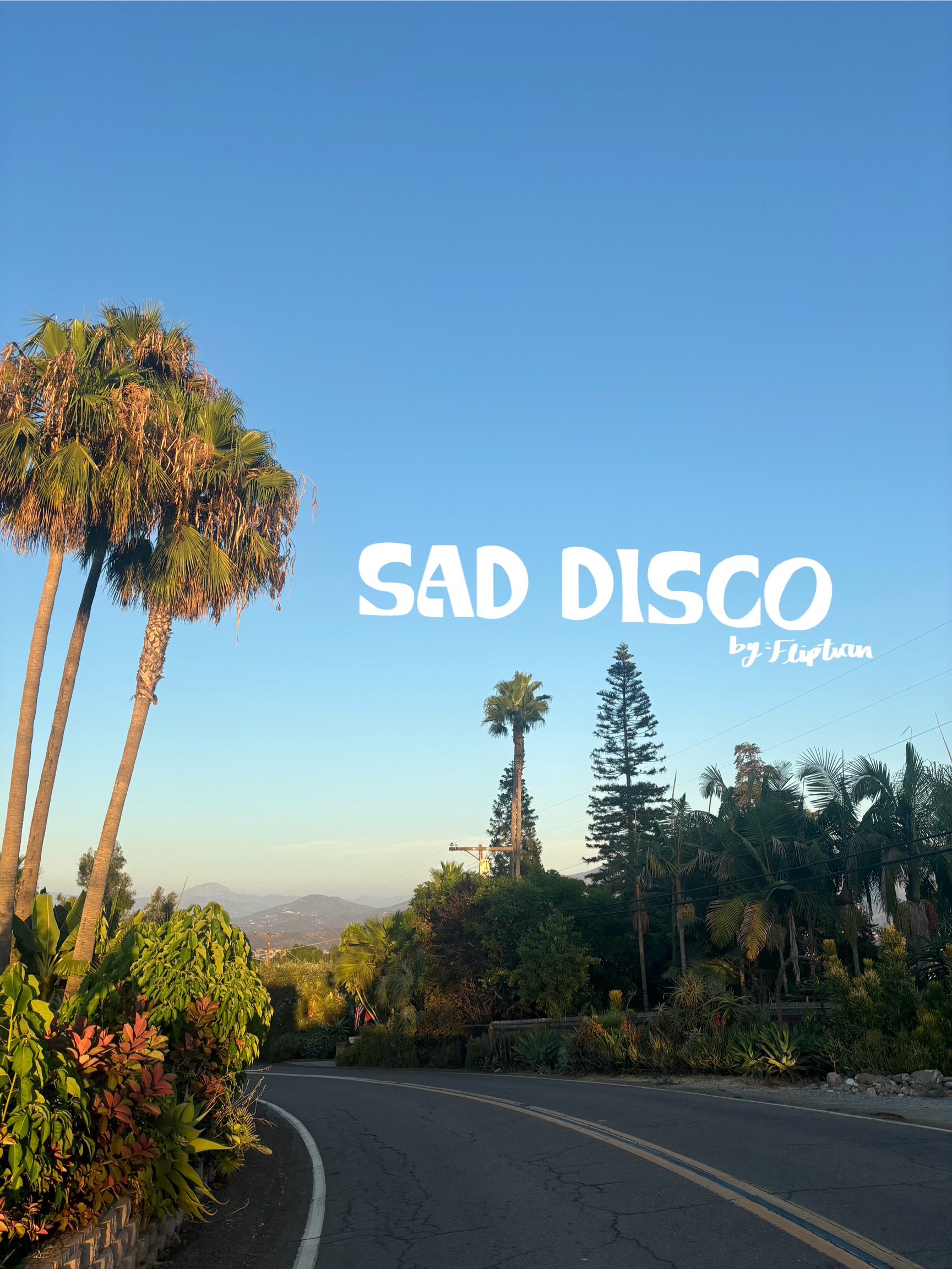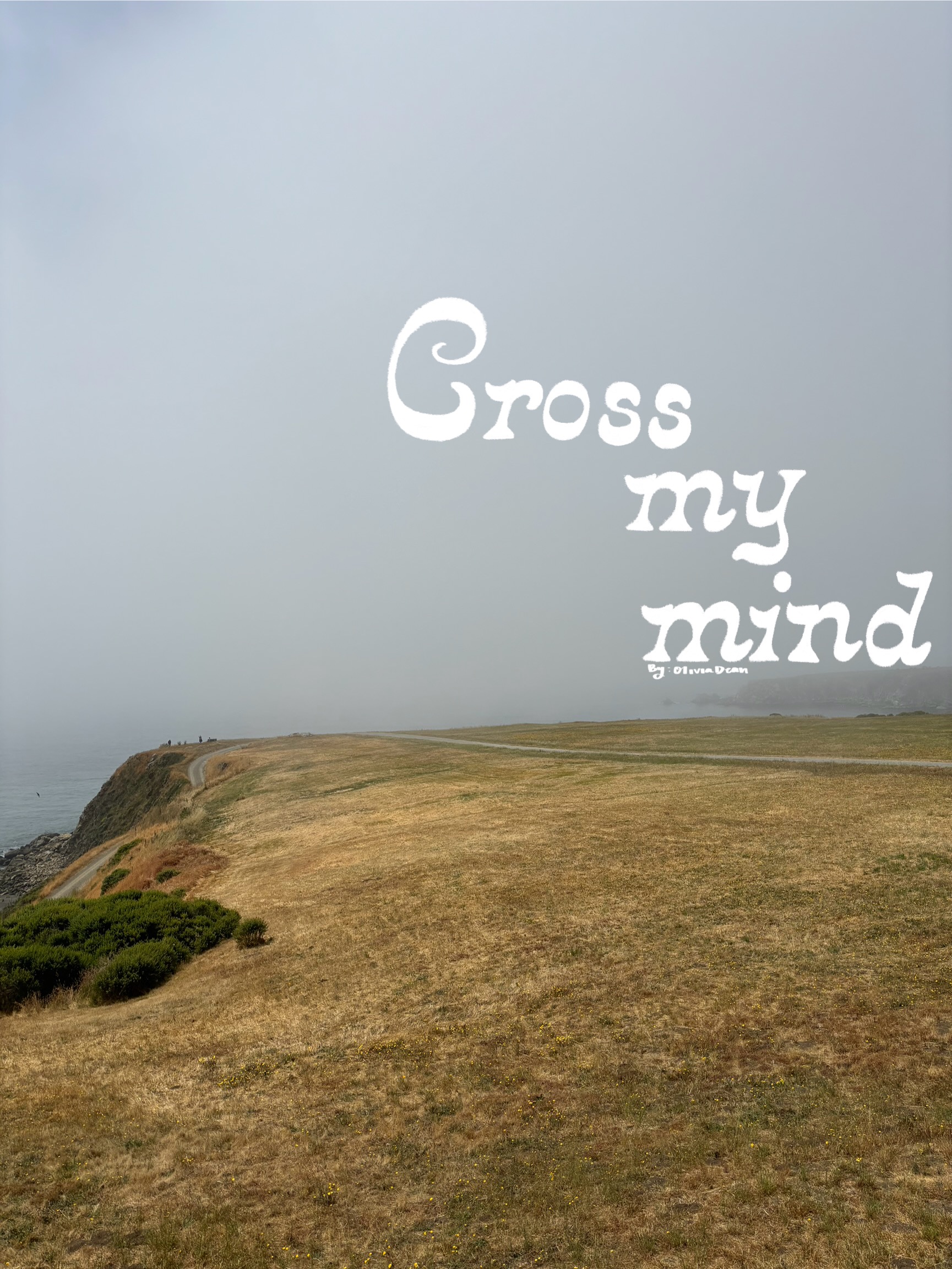Song of the Week:
Opal Angel by: Luna Li
“No history, No Self.
Know history. Know Self.”
When I first heard this, I was in awe. The depth of truth within those few words is remarkable. They capture the essence of how our identities are inextricably linked to the past. The careful use of English perfectly intertwines meaning and expression, making this phrase very unforgettable.
Sometimes I lose sight of the fact we all come from a long line of women—daughters, granddaughter, and great-granddaughters. The chain continues, unbroken. But it’s not just one side; we also come from men—fathers, sons, grandsons. We are each the results of two halves coming together, destined to meet and form something new. When you consider how this lineage stretches endlessly into the past, you start to realize how deeply connected we all are.
My dad, for instance, is one of those people who can’t seem to go anywhere without running into someone he knows. Even in places he’s never set foot, he’ll strike up a conversation, and sure enough, someone chimes in with, “Jeff? Is that you?”. As a kid, this always annoyed me, because it signaled a 35 to 40-minute conversation to catch up and introduce us to random people. Now, as an adult, I can look back with amazement at just how many people my dad knows. It’s fascinating to think that everyone on Earth is somehow connected—whether as distant third or fourth cousins, or just seven degrees away from each other.
Today, I’m excited to be writing alongside my friend and co-writer, Jayln, as we dive into something we’ve both been reflecting on a lot: family generations. It’s a huge topic, and we’ve been asking ourselves, why are we drawn to it? What does it mean to explore something so massive and intertwined with identity?
Jayln’s Version
It’s funny you mention your dad running into people everywhere—my family’s the same way! I remember being so impatient during those long conversations with strangers just wanting to get on with our day. Now, I kind of get it. Those connections run deep, and they intertwine people. It makes people reminisce of their friendships. Especially, when you think about how every person’s life changes, and every generation has their own set of beliefs and ways of living that shape who we are today.
When I compare my lifestyle and values to my parents’ or grandparents’, the biggest difference I notice is in our attitudes toward work and self-care. My grandparents’ generation, especially, had this strong sense of duty and sacrifice. They worked long hours, focused on stability, and often put their own needs on the backburner to ensure that they prioritized work. I mean who can blame them living in El Salvador during the war and even after they were constantly in survival mode just trying to obtain the basic necessities. When my parents first came to the U.S they were sold a dream that if they worked hard, they would no longer go through those agonizing struggles to obtain food, clothes, or water. Once here, they realized that was not the case at all and picked up that same habit my grandparents had of always being in survival mode even if it meant family, fun, and relaxation came second. Growing up I was really hard on them for not really spending as much time with my siblings and I. I felt neglected. Looking back, they were just doing their best to provide for us so we would not lack what they did growing up. It was hard to come to terms with that because our generation is about work-life balance. We’re much more open to exploring what makes us happy—whether it’s mental health, flexible work, or pursuing passions outside of the typical 9-to-5. Working out is a self-care activity I like to participate in. It helps me destress and it’s time I take out of my day to focus on my health. According to my parents they never have time to work out because they don’t know how to break the cycle in order to prioritize themselves. Recently, my dad became a citizen. He did that by studying every day before work to ensure that he passed his test. While that may not seem like self-care to my siblings and I, that was his way of dedicating time to himself. Over the past couple years, I have tried helping my parents unlearn certain patterns that I am unlearning as well to help them learn to love themselves and prioritize their “me time.” I do, however, see more openness around topics like therapy and self-care which was almost unheard of in my grandparents’ time.
Family stories definitely shape my sense of identity. They give me this understanding that I’m part of something much bigger—like a thread in this larger tapestry. One thing I’ve noticed, too, is how certain traits seem to carry on from generation to generation. For example, a lot of women in my family have this fierce independence. It shows how we handle ourselves, especially when life throws a curveball. The women in my family, both those I’ve grown up with and those whose stories have been passed down, inspire me deeply. Their resilience and independence have been a reminder to never give up. It’s a legacy of perseverance that I see not only in my mom and grandmother but also in myself, especially when life gets tough.
Despite the differences in our attitudes toward work and self-care, one thing that remains strong in my family is our commitment to Salvadoran traditions, especially my mom’s dedication to passing them down and celebrating them. In fact, every year for Thanksgiving my mom still makes panes con pollo and tells us the same story about how she learned how to make them from her great grandmother. Both my parents love to share with me about what their life was like growing up in a rural town that is all trees, beautiful mountains, and amazing food. They always talk about what life was like back in the day. We do visit El Salvador often, and every time we go, it’s like stepping into the stories they’ve shared with me about their childhood and family. These trips are what really help me understand where I come from. They make me feel connected to not just my family but my culture. While my mom and dad continue to celebrate our traditions, whether it’s through food, holidays, or simply the values that have been passed down. These traditions and cultural values are something I hope to share with my family in the future as well. It makes our family history feel alive and real, like it’s not just a story, but a part of who my little brother and I are.
Reflecting on these differences, I realize that while our attitudes toward work and self-care may have evolved, the core values of family and tradition remain unchanged. The stories, traditions, and cultural values my parents have passed down have shaped who I am today. It grounds me in a sense of belonging and purpose. As I continue to learn and grow, I hope to carry forward not just the legacy of my family’s sacrifices, but also the joy and resilience that define our shared history.
Janessa’s Version
Since I was little, I’ve always hated—truly hated—those family tree projects or anything that had to do with family because mine was never looked like other kids. My tree stopped at my mom and dad. Even at a young age, I had a gut feeling that my family history was complicated. As I’ve grown older and bit wiser, my suspicions has only been confirmed.
The reason I love that quote above is because my familial line is short—very short—and definitely not very sweet. Both of my parents grew up in environments shaped by homelessness and addiction, challenges that left deep marks on their lives. Even though my parents grew up in different countries, they shared one unspoken understanding: when life gives you lemons, you do your damnest to make lemonade. And that’s exactly what they did their entire life. They had my siblings and I at a young age, but back then, it wasn’t uncommon. They made it work and work they did.
To be honest, I don’t know if they made lemonade, or grape juice or hell, even just straight lemon juice. But what I do know is that they broke the cycles of their own families by loving us enough to build a stable home, something they never had. In many ways, this act alone was a form of breaking a generational curse, the cycle of instability and hardship. For me, that is the most important contribution and a huge part of the reason why I need to continue the legacy.
Most people assume that coming from two diverse backgrounds means my life would be overflowing with culture. But it’s not quite like that. I’m not even sure if my dad grew up with any traditions because he didn’t pass many down to us. His parents passed away before I was born so I never got to experience their way of life firsthand. The few traditions he did mention were things he didn’t particularly enjoy, so he vowed not to carry them forward with his own kids. In their place, we developed our own: dinner at 6 pm sharp, all-nighters on Christmas Eve followed my presents at midnight. Even though my dad came from his own traditions, he chose to create new ones with his family.
On the other hand, my mom’s heritage is rich with cultures and traditions. Whenever I was with her, we’d celebrate two New Years, visit temples, eat noodles for longevity, and of course, receive red envelopes filled with money, all rooted in spirituality and aligned with Buddhist beliefs. She even taught me my native tongue, I am not very fluent, she did her best. I tried to make up for it by taking classes, but Japanese has proven to be a vast and hard language to learn. Still, I am grateful for what she has passed down. Although she didn’t have a strong connection with family and traditions, my mom made sure to practice them with us, keeping the flame alive.
While my parents’ choices have shaped my life in many ways, I can’t help but notice how different my generation is from theirs. For example, my dad chose to let go of his traditions, while I feel more of an urge to reconnect with them, to understand where I come from. It is almost like we’re reversing roles — I’m trying to reclaim what he left behind. Similarly, I think my generation places more value on identity and personal history than my parents did. For them survival and stability were the focus. For me there’s this added layer of wanting to know who I am beyond what they were about to pass down.
Yet, despite all the culture and traditions my parents cultivated in me, I can’t help but wonder about the rest of my history—the parts I never go to see. Because of this, I can never truly know if anything was passed down to me or if my personality mirrors that of my grandparents. While it may not matter to others, for me, it’s a wound that never quite heals. It’s made me realize the importance of both knowing myself and knowing my history. On the one hand, I like to think I know who I am, but can that really be true if I don’t know where I come from? I don’t know what my grandparents on either side think of my siblings, the world today, or even the amazing food out there to eat. These seemingly random thoughts could have influenced my life in ways I’ll never know. And we’ll never get the chance to find out.
I hope to continue breaking the generational cycles that my parents started. Starting by reconnecting with the parts of my legacy that were lost along the way. Jayln’s family like mine, has its own set of generational differences, especially around work and identity. We share a common goal of helping our families prioritize their well-being, breaking away from survival modes. Thus, to create a future where the best parts of our histories remain intact while allowing space for growth and healing.
Love is always the answer
As I close out this monstrous conversation, I want to leave you all with a song called Opal Angel by Luna Li, a song that the most angelic voice paired with the best guitarist I have heard. When I listen to this song, I create a storyline in my head. I am reminded of my own grandparents not here with us, my angels watching over me, and they are waiting for my success and wanting to guide me in life. When she puts best “The best thing you could do would be to love, love, love, love”. Ugh, such a short and actually sweet song makes you want to listen for me! My final piece of advice, if you are in the same predicament as me, the only thing I can advise you is to ask your parents question after question, dig deep, find those answers!
Thank you for joining me on a full one-year journey at The Unfinished Times! OMG I can’t believe that we have made it here! I have been dreaming of this day and it has finally arrived! Don’t forget to follow me for more insightful content, give a shout-out to spread the word, and consider signing up for our Co-Collective to be part of our vibrant community. And if you missed any posts from previous weeks, take a moment to catch up! Let’s continue exploring, sharing, and growing together! <3 See you in the next post~XOXO
49





Tell me your Thoughts